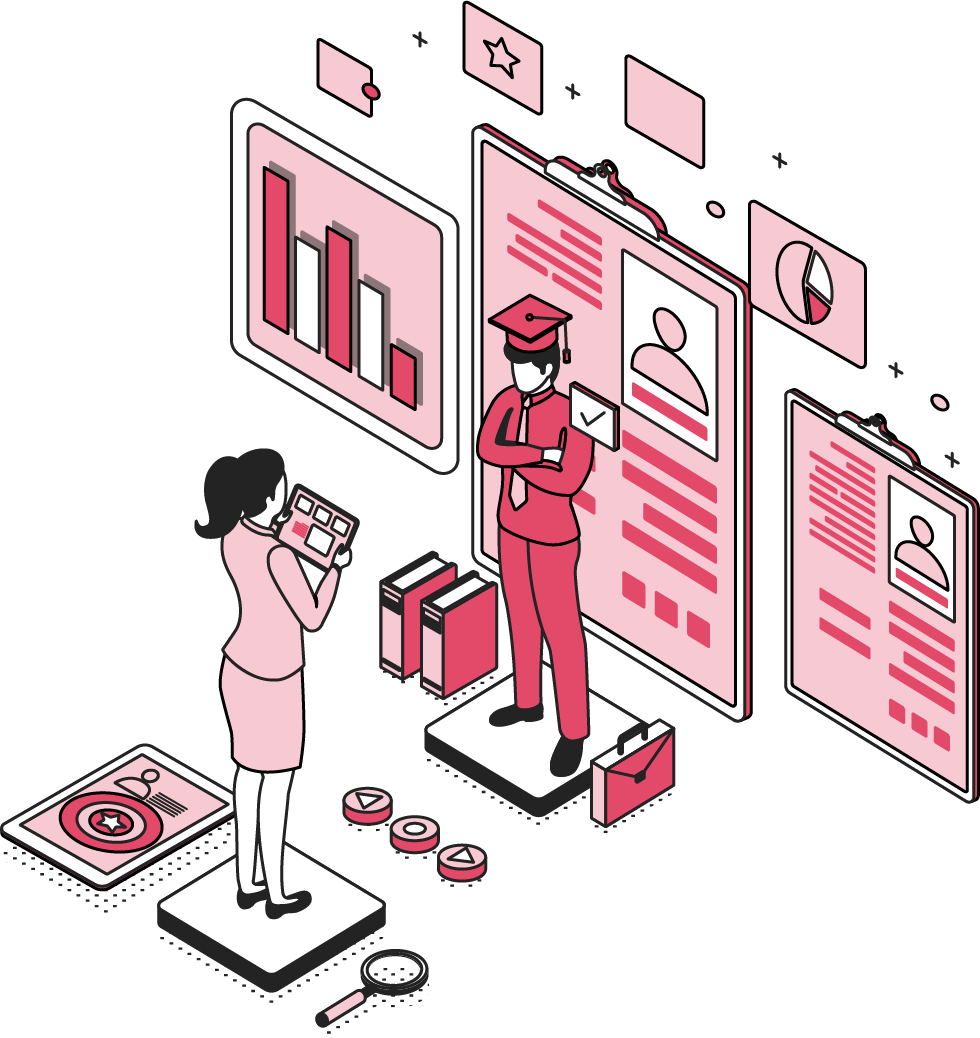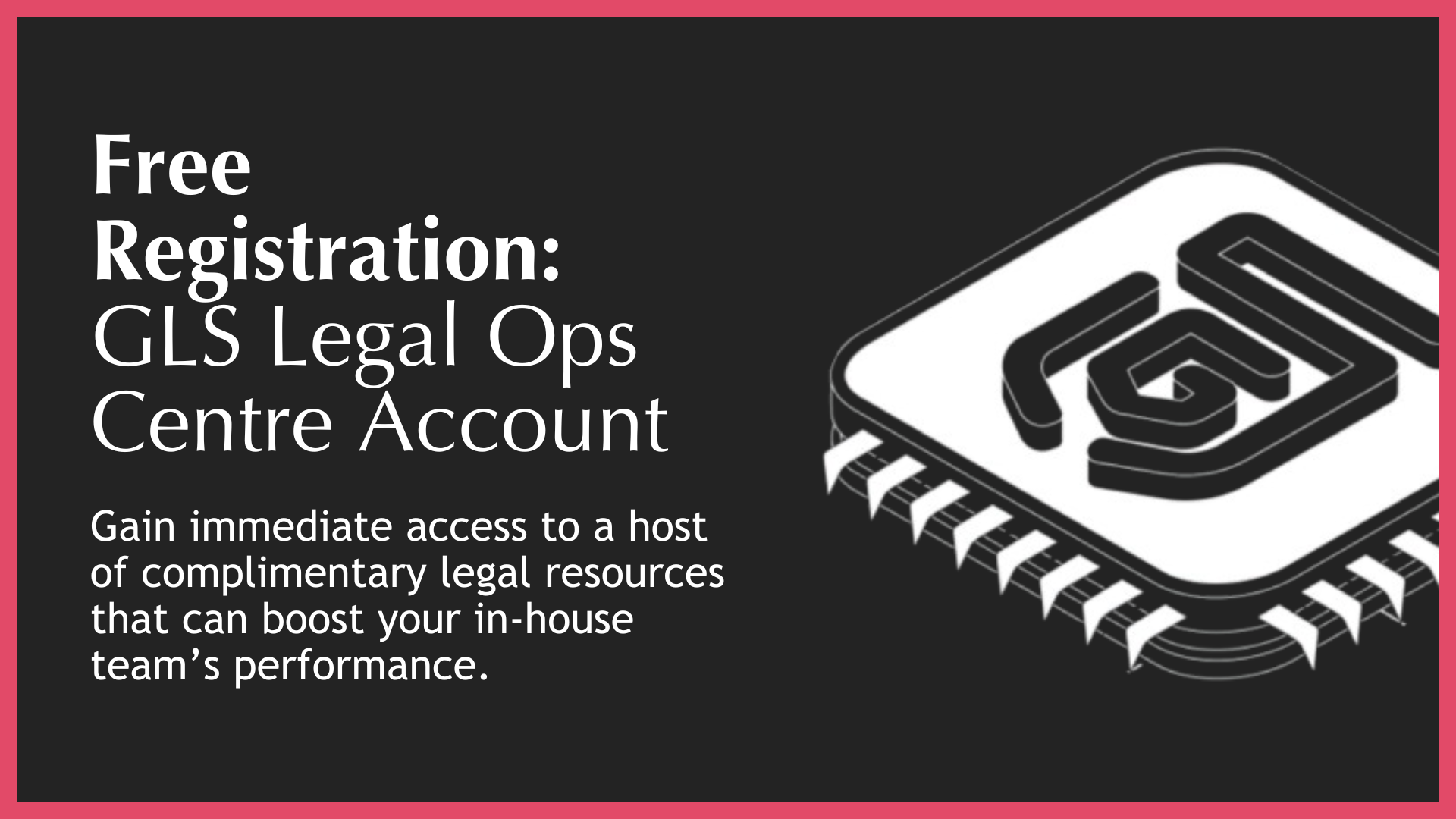Back
GLS Study Hall: Golden Rules For Proactive Advisory
8 min • 30 Sep 24

Introduction
Proactive advisory can simply be summarised as anticipating client needs and providing strategic guidance before issues arise. This session intends to deliver strategies, working practices, steps, and measures that you can take to better align yourself with your client organisation.
Unlock the full, in-depth VIP training video here.
1. Know And Understand Your Clients
Relationships are built on trust. The in-house advisor who's able to build an understanding of their client and the landscape upon which they operate is going to enjoy a much deeper level of trust and understanding.
In and that will ultimately drive a better client relationship. Understanding your client intimately is a key driver of providing an aligned advisor experience, which in turn supports a closer and more trusted working relationship as you're able to calibrate your advice and the support that you and your team offer to best suit the requirements of your client and the underlying client business.
Invest time to understand:
◼️Their Business
◼️Their Goals
◼️Their Strategy
◼️Their Challenges
◼️Their Risk Appetite
◼️Etc
2. Anticipate Client Needs
Golden rule number 2, anticipating client's needs. This rule shouldn't come as any surprise in the context of delivering proactive advisory, but also goes hand in hand and ultimately underlines the importance of the first golden rule without which you are essentially operating blind.
If you don't know and understand your client and the landscape upon which they're operating, then you're denying yourself the opportunity to anticipate your client's needs. Understanding the client's business deeply and thinking of their immediate needs ahead of time is essential. One must build a culture focused on adding value and finding solutions to issues beyond the obvious.
By building a clear understanding of your client, you can start making much more strategic decisions around how you and your team are organised to meet the requirements of the business. The key to being a proactive advisor is being able to propose and offer solutions to challenges before they arise.
One view of anticipating your client's need is simply supporting the business to navigate and conclude its business as usual, whilst avoiding any surprises. Implementing things like templates, checklists, playbooks, calibrating your contracting function, and the like, are proactive solutions to a day-to-day challenge of conducting business as usual, in this case, commercial contracting. You've effectively delivered guardrails to keep the business safe in navigating its day-to-day activities.
The transformation gains that can be leveraged from ultimately providing those guide rails for your business to go forth and conquer has a massive impact in ultimately freeing you up to be much more strategic and therefore proactive in deciding the things that you do and the things that you do not do. It also leaves critical data to you, which allows you to predict and foresee client needs and propose solutions before they ask.
We can't underestimate the importance of generating data around the kind and levels of support that your business needs. The importance of in-house teams taking a data-based approach to measuring performance and efficiency is critical. Ask yourself what do you see that can be supported, what do you see that can be fixed, what can your team offer to avoid the business having to ask a question?
3. Initiate Check-ins / Maintain Regular Comms
Engaging in client outreach as lawyers should not be seen as simply the domain of private practice. In-house counsel should be proactively engaging in regular check-ins with their client communities to see how things are going and to ask and identify how they and their legal departments can better serve the needs of their clients. This includes asking for feedback.
Fundamentally, people like to be asked, and people like to feel that their opinion is valued. Your clients are no different. An advisor who regularly checks in with their clients is an advisor who invariably is better informed, better positioned, and better enabled to be proactive in supporting that client.
As lawyers, we're as good as the instructions we are given, and improving the lines, level, and quality of communication with clients is key to improving overall client relationships, and therefore the quality of the support that we can offer.
4. Build Relationships
◼️ Ask: Where are you at? What is working? What is not working? Changes? Improvements?
◼️A client that is heard is a client that feels supported
One critical step to facilitate regular and quality client communication engagement, is to build strong relationships with your internal client. A really easy way of doing this is by taking a genuine interest in providing what we call an aligned and enabled advisory experience to help them succeed in their role within the organisation.
This goes hand in hand with checking in and communicating with your clients on a regular basis. Clients who can see you taking the time to understand their requirements are much more likely to be receptive to the support that you offer, and they're much more likely to invest the time in return in giving you what you need to best support them. By developing a strong working relationship with your client community, the process of getting to know and understanding your internal client becomes that much easier.
The provision of this law can at times be a little bit dry, so why not ultimately improve the experience for both you and your clients by building a strong relationship upon which we are able to deliver the support that we do? And who knows, we might actually have some fun whilst doing so.
5. Stay Updated / Stay Informed
Next golden rule, stay updated and stay informed. A lawyers, our clients expect us to be up to date with industry trends, regulatory changes, and market conditions that affect your client. That's pretty fundamental. Now, the bad news is you're never, ever likely to be thanked by your client for simply knowing the law. But your real value as an aligned and strategic advisor comes in knowing how to interpret the law, legal risk, and market conditions into agile and strategic advisory that enables your business to move forward.
To genuinely offer pragmatic and commercial solutions, it's essential to not only understand your client's needs and preferences, but you must also understand the market and legal landscape in which your client is operating. Without a clear understanding of both of these things, we just can't be best placed to help our clients navigate the challenges and suggest proactive solutions.
We've already discussed that one of the fundamental parts of proactive advisory is being able to navigate the business around issues before they arise. It follows, therefore, that we must be across the dynamic changes of the landscape markets and ecosystems in which our clients operate.
On the topic of keeping abreast of changing legal landscape, market trends, and solutions. This bit is ultimately up to you, but the good news is there's a growing number of ways for you to do this. The fact that you're actually attending these sessions demonstrates that you're already making good use of the GLS Knowledge Centre, just one of the many knowledge resources that you have at your fingertips and available to you. For example, you're already aware of how one of your service providers and the GLS Legal Operations Centre can help you keep ahead of trends, market positions, and the like.
6. Be Solution-Oriented
Most in-house lawyers are already speaking the language of the business in so far as being ‘business enablers’ and not ‘business blockers’. What does that actually mean? Proactive support is providing actionable solutions rather than just identifying the problems. Telling the business simply, You can't do this, or this isn't allowed, or this is never going to be well received, or this is not approved, is obviously not as helpful as, “Well, we can proceed, but to do so, we'll need the approval of X, or we'll need to adjust Y, or we need to insert the following group legal policy position to protect against Z,” etc.
One strategy is offering and implementing training and tools to enable and empower the business to get more done for themselves without the need to revert to legal at all. This includes matching your own paper and processes to support those of the business. For example, optimising contract functions, templates, policies, procedures, and the like. A business is never going to be in a position to self-help without the in-house legal team proactively driving the implementation and uptake of client self-help tools and encouraging the business to do more for itself.
Challenge yourself to ask as a takeaway from this session, what more could you be doing? What more could your department be doing? What more could you be doing, individually as practitioners, to enable the business to be doing more for itself?
In our own Ultimate Guide to Legal Operations, we unpack how in-house teams can implement safe effective transformation initiatives via a legal ops-led lens to enable and empower their businesses. For those that haven't read it, strongly urge that you do so.
One example of in-house teams empowering and educating their business is by sharing knowledge and resources that help clients make better informed decisions around how they operate and when they can operate. A quick win tool for legal can be to create and deploy business-facing and easy-to-understand guides, checklists, FAQs, playbooks, and the like that summarise key legal principles and processes. Templates for contracts, checklists for compliance, summaries of legal developments, all examples of tools and training that can be delivered to the business to enable self-help.
This self-help is instrumental in enabling the business with proactive support such that you've delivered what we call an always-on solution into the business itself. We've already discussed the importance of communication, but also empowering and educating the business can help establish a clear process for inquiries.
7. Empower / Educate The Business
Work on fostering a culture of open dialogue where clients feel comfortable reaching out for legal support. Have we provided the business with a clear definition of when and how they're able to access support? And have we provided the business with the tools to do so?
Even a basic legal service request form will be transformative in improving the level and quality of instructions you receive, whilst also giving the business a tool to better instruct legal and a gateway and a pathway into requesting that support that's required. It also gives the legal department a tool to capture and measure data relating to those instructions.
8. Ask For (And Analyse) Feedback
We strongly encourage the in-house team and in-house leaders to be reaching out to your clients and the client businesses to ask them for feedback about the service and support that is being provided by the in-house legal team. Again, after all, you are a service provider. Proactive advisory includes taking a pre-emptive step in client satisfaction.
Rather than waiting for your internal clients to complain or raise issues or suggest tweaks, proactively inquiring about their experiences delivers positive impressions to your clients. It shows that you care, and it really helps build those better relationships whilst ultimately allowing you the opportunity to improve, refine, and continually develop the service and support offerings that are available.
Getting client feedback is also critical for in-house legal functions to collect performance data and look for patterns which identify quick-wing transformation opportunities or to enable you to jump on known issues. Not all feedback is or needs to be good feedback, but all feedback empowers the legal team to make informed decisions about how it best supports the needs of its business.
People like to be asked what they think, and asking in your client community shows you're engaged and shows that you care about the support that you're offering. Engaging in frequent feedback sessions with clients gives you both an opportunity to fine-tune the advisory experience and align in real-time to the service and support that's available and that being offered.
9. Be Available
Being available doesn’t always mean you yourself have to be.
◼️Develop ‘always on’ tools
◼️Part of ‘self help’ strategy
◼️Define pathways for clients to follow
Proactive support is available support. But you'll be relieved to hear the good news that we're not necessarily suggesting this translates into, and we're not advocating that you and your teams have to work 24/7, 365. We've already briefly touched on the concept of always on tools and self-help tools. What we mean by this is tools, training, processes, policies, paper, and the like that the in-house teams can place in the hands of the business to be leaned on whenever the business needs to help them get done what needs to get done, better, faster, and certainly cheaper, where your own valuable cost of support is not required
The gold standard is to ensure that the business team receive training in the use of these tools such that those always on tools are always available, regardless of whether we are within the core operating times of the legal team
10. Be Adaptable
◼️Be Open Minded
◼️Be Prepared To Pivot
◼️Circumstances And Conditions Can Change
◼️Your Client Community Is Varied And Diverse
◼️Tailor Advice To Circumstances
◼️Be A Diplomat
Being adaptable is crucial for a proactive in-house lawyer for several reasons. Businesses face change, whether that's due to market trends, regulation, internal shifts, changing personnel, or the like. But an adaptable advisor can pivot their strategy and approach to align their support and adjust their approach with evolving business needs.
An adaptable lawyer can effectively communicate and collaborate with different team members from all walks of life. This is a critical skill needed to build those relationships that we've discussed, but also a critical tool when dispensing difficult messages or, as we like to say, exercising the art of diplomacy in getting your client to ultimately do what you need them to do or get them to do what you want them to do.
Laws and regulations can and do change, as do the requirements, strategy, direction of the business. Of course, proactive in-house lawyers must be ready to respond to these changes promptly and dynamically. That includes modifying these internal tools, processes, training, and the like that we've deployed into the business to meet with those changing landscapes.
Disputes, regulatory breaches, critical business events, etc, all require decisive and prompt action. Question, how prepared are we and our teams to implement our disaster management scenarios? Do we even have disaster management scenarios ready and in the can to be deployed? If we do, how often are we calibrating and rehearsing them? Now, a proactive in-house team will have implemented strategies to deal with X-Factor events and ideally brief the business on what needs to happen and what is expected of them.
Adaptability fosters the mindset open to innovation. How ready are we as individuals, but also collectively as an in-house team, to embrace new technologies and legal practices, to proactively enhance and develop our own performance and efficiency, and deliver meaningful and demonstrable value back into the businesses we support. You will have heard us at GLS say that we recommend that we should be spending no less than 10-15% of our time as in-house lawyers looking to innovate and transform that which we're doing to deliver greater performance as outcomes to our businesses.
Consider how much time you and your team are currently spending working on transformation initiatives. If the answer is not much, consider whether that represents you being as proactive as you can be or whether you're simply being reactive when it comes to planning for future readiness.
Conclusion
This wraps up our 10 golden rules for proactive advisory. Don’t forget, each of you will need to translate the themes and principles discussed in this session back into your specific ecosystems. While these strategies may not come as a force of revelation, neither are they an exhaustive guide, but we think it’s always good to revisit and check in on these subjects and offer refreshers as each of us seeks to continually, professionally develop.
More Than Just An Extra Set of Hands:
GLS Overflow™ gives you access to not just to GLS’s lawyers, but also to the platform that we’ve built to allow them to operate at peak performance levels at a price point similar to your own internal cost.
You will quickly discover that the manner in which we deliver GLS Overflow™ will represent opportunities to introduce a wide range of efficiencies into your wider legal team ecosystem.
Our performance managed capacity solution is actively managed to ensure that it makes the most productive contribution to the efficient working of your in-house legal team.
So, to ensure that you are able to get through today without breaking, and to free up capacity for more strategic things, including transforming your team, GLS Overflow™ is a ready-to-go resource.
To learn more about GLS Overflow™ you can download our GLS Overflow - Resource Overview or get in touch with us to discuss your requirements.
Ready To Transform Your Legal Team?
Please check out the GLS solutions and know-how resources listed on the right side of this page – they might assist your legal team with the issues explored in this Blog.
© The GLS Group - Law Rewritten

The GLS Legal Operations Centre
Register to access your complimentary Day 1 Resource Stack packed with legal team performance resources.
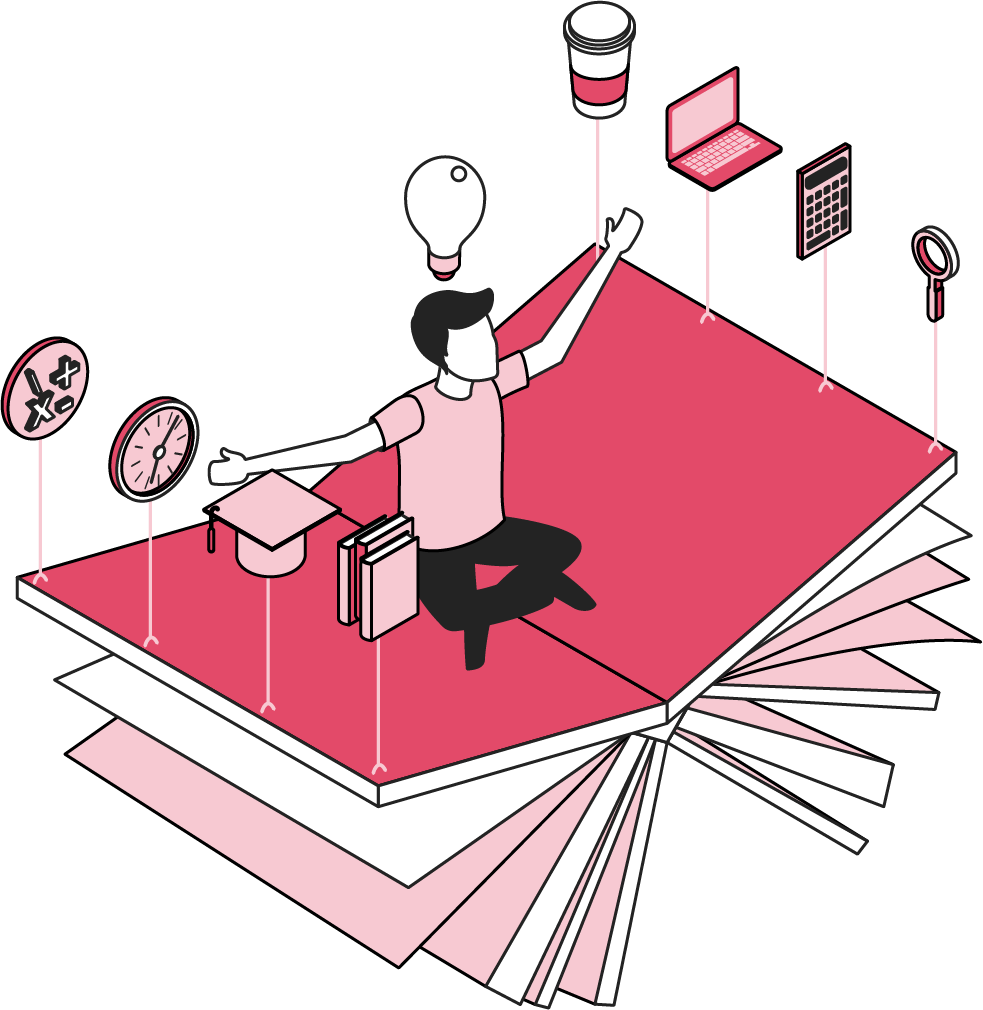
GLS Ultimate Guide To Legal Operations
Download this and read it thoroughly and regularly. It is a wonderful transformation companion.
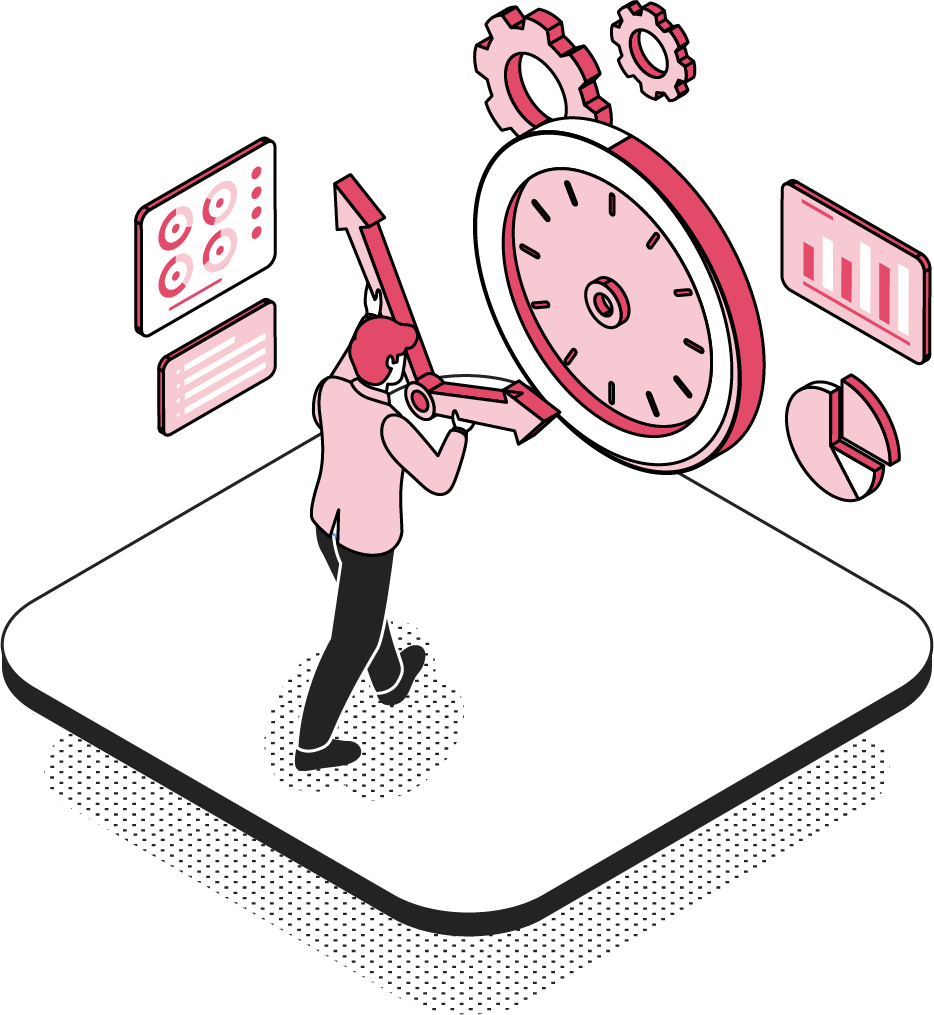
Book A No-Obligation Consultation
If you would like discuss your legal transformation needs, please book a 30 minute free consultation with us.
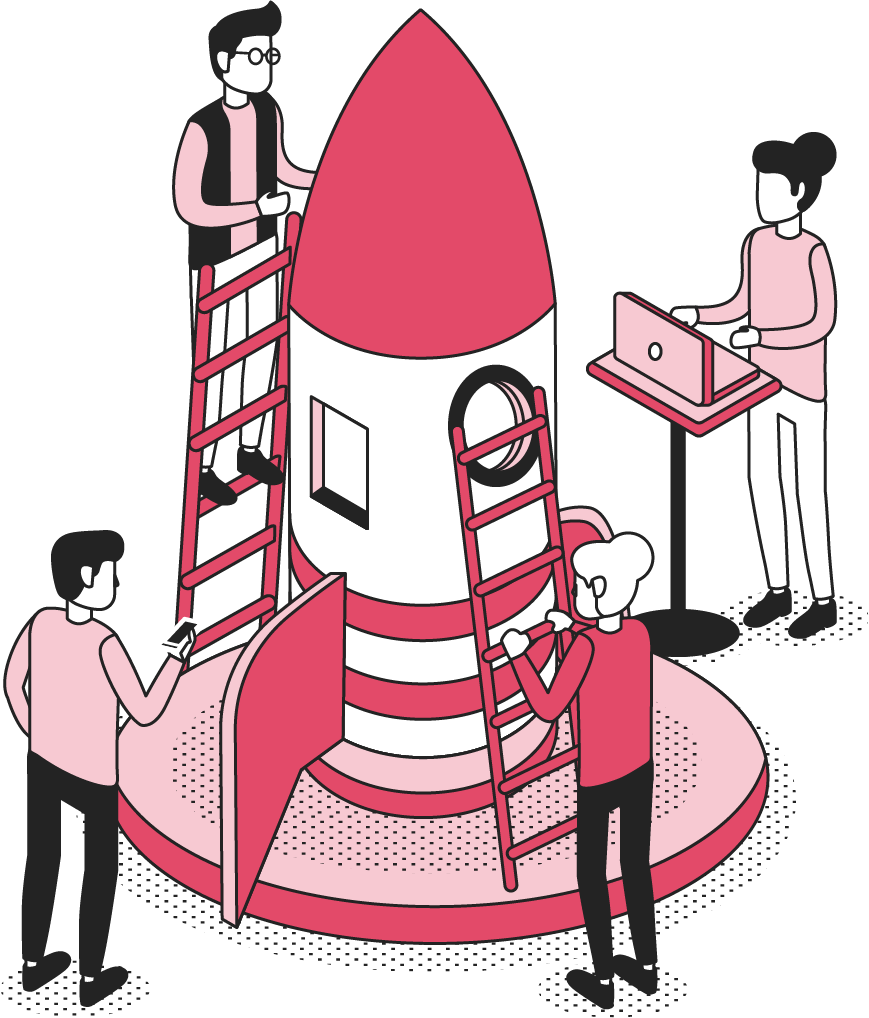
GLS Legal Transformation Boot Camp
Our hugely successful, 10-week long, email-based boot camp on how to effectively transform your legal team.

